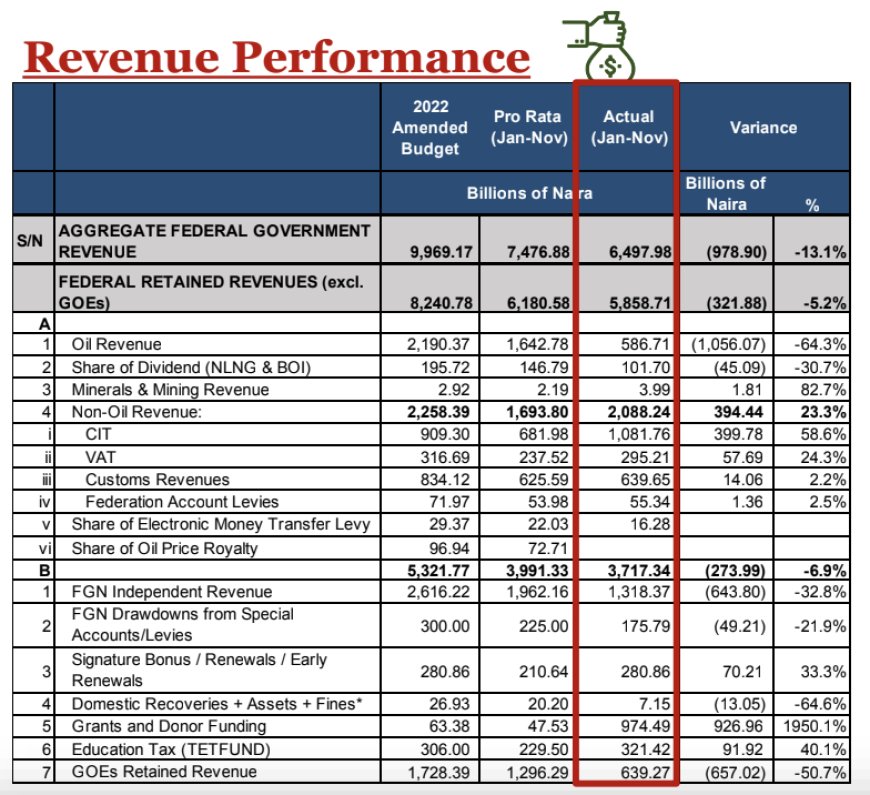Nigeria 2023 : Will Nigeria Really Transform Democratically After the Tumultuous 2023 Elections?
Will Nigeria Really Transform Democratically After the Tumultuous 2023 Elections?
In 2023, Nigeria witnessed one of its most fiercely fought presidential elections, driven in part by a compelling “third-force” candidate from the Labour Party. Yet despite this historic contest and broader civic engagement, the mere presence of competition hasn’t automatically translated into deeper democratic reforms. This article explores why—and what it would realistically take for Nigeria to move forward on democracy.
What Made the 2023 Election Distinctive?
Several elements made the 2023 election different from previous cycles:
- Rise of a third-force contender: Peter Obi’s Labour Party candidacy energized millions—especially young, urban voters—challenging the traditional two-party dominance.
- High voter engagement: Voter registration and turnout spiked, fueled by online discourse, street rallies, and #Obidient movements.
- Technological integration: INEC employed BVAS machines and a biometric accreditation system, intended to curb fraud and improve transparency.
Why Protest Votes Didn’t Translate into Institutional Shifts
Despite the enthusiastic turnout, deep electoral reform remained elusive. Here’s why:
- INEC’s implementation flaws: Machine malfunctions and delays plagued BVAS and postal voting, eroding confidence in INEC’s capacity.
- Security challenges: Conflict—especially in the North West (banditry) and Borno State (Boko Haram)—prevented safe voting in many areas.
- Party structure weaknesses: Labour Party’s mobilization failed to convert into lasting grassroots organization in rural and northern regions.
- Institutional resistance: Executive immunity, weak judicial enforcement, and centralised power limited the ability to translate electoral energy into sustainable reform.
State of Democratic Institutions
A thriving democracy rests on strong institutions. Here’s where Nigeria stands:
- Electoral body independence: INEC initiated reforms but remains under presidential influence—appointment mechanisms lack insulating safeguards.
- Judicial reliability: Courts hear election petitions, but key rulings are often drawn out or influenced by politics, diminishing their effectiveness.
- Legislative checks: While the National Assembly has occasionally challenged the executive in debates, real oversight remains limited by party loyalties and systemic inertia.
- Media and civic space: Nigeria retains a vibrant press and civil society. However, occasional media shutdowns and protest restrictions point to creeping autocratic tendencies.
Youth Empowerment: The Engine of Change?
Over 60% of Nigeria’s population is under 35—a demographic with strong democratic expectations. The 2023 campaign revealed this potential, but transforming civic enthusiasm into political leverage requires:
- Formal political roles: Youth need avenues into legislative and executive positions, not just protest platforms.
- Organized networks: Efforts like Regen Project and YouthLINC are key—but need funding, training, and geographic reach.
- Mentorship and training: Pairing experienced political actors with emerging leaders can bridge gaps.
Opposition Realignment: A Turning Point?
The 2023 cycle highlighted opposition shortsightedness. Since then:
- Formation of stronger alliances: Figures like Peter Obi and Atiku Abubakar are exploring joint platforms to compete more seriously in 2027.
- Party infighting: Defections and internal divisions within APC and PDP illustrate both urgency and volatility.
- Need for national unity: Any credible challenge must bridge ethnic and regional divides—requiring substantive policy agendas, not just opposition for opposition’s sake.
Concrete Reform Pathways
Experts, NGOs, and civic stakeholders advocate for these reforms:
- Fully independent INEC: Implement tenure protections and decentralized oversight, minimizing executive influence.
- Technological upgrades: Improve BVAS performance and transparency via open-source platforms and citizen reporting systems.
- Judicial reform: Expedite election petitions, limit executive immunity, and institute merit-based judicial appointments.
- Constitutional change: Decentralize power to states and local councils, mandate internal party democracy, regulate campaign finance, and enforce FOI.
- Guaranteeing civic freedoms: Enact stronger press protections, safeguard peaceful protests, and decriminalize defamation.
- Promoting inclusion: Affirm youth representation, set quotas for women in public office, and ensure participatory policy-making.
Signs of Movement—and Barriers
Already, incremental signs of progress are visible:
- Public forums and workshops: Hosted by University of Westminster, IPAC, and Civil Rights groups, these gatherings spotlight democratic deficits and potential solutions.
- Push for election tech audit: Civil society groups are demanding an independent audit of INEC’s data systems—a move toward transparency.
- Legislative proposals: Lawmakers from both major parties are debating reforms targeting decentralization and strengthened electoral commission.
- Potential 2027 coalition: Opposition discussions include binding agreements on shared candidate selection, finance transparency, and poll monitoring.
Risks to Real Democratic Change
Reform is far from guaranteed. Major risks include:
- Executive pushback: Resistance or erosion of reform by ruling party leadership.
- Weak policy follow-through: Public promises are not yet backed by legislation or constitutional clauses.
- Elite capture: Minority interests may dominate reforms, sidelining civil society.
- Security deterioration: Violence—terrorist or communal—could derail public confidence and participation in elections.
What Could Tip the Scales?
Three factors may prove decisive:
- 2025–26 Midterm Elections: Gubernatorial and state assembly races could build reform-minded coalitions inside statehouses.
- Global pressure: Conditional foreign aid, trade agreements, and international monitoring could incentivize compliance with democratic norms.
- Grassroots network scaling: If youth groups, NGOs, and community leaders unify across regions, their collective influence could tip the balance.
Looking Ahead: 2027 and Beyond
As the election cycle resets toward 2027, Nigeria stands at a crossroads:
- Inertia scenario: Without action, 2027 could mirror past elections—rife with malfeasance and lacking substantive reform.
- Incremental progress: Small wins—like INEC audits, pilot judicial reforms, or new youth representation—could lay groundwork for larger change.
- Transformative shift: A united opposition, backed by civic and international pressure, could set Nigeria on a path to genuine democratic deepening.
Conclusion
The 2023 Nigerian elections were undeniably exciting and energizing, but excitement alone doesn’t equate to democratic resilience. Institutional change must follow, driven by legal reforms, civic empowerment, and genuine competition. If key stakeholders—from ruling elites to opposition leaders and civic actors—commit to meaningful action, Nigeria’s next few years could mark a democratic turning point. However, without follow-through, the story risks becoming another cycle of halted transformation.
Quick Navigation & Further Reading
- Key reforms overview
- INEC • Independent National Electoral Commission
- Peter Obi • Profile & Youth Appeal
- African Democratic Congress • Opposition Coalition
Featured Image
Suggested: A vibrant photo of Nigerian youth in urban centers rallying with election posters—symbolizing civic engagement and hope for democratic reform.




